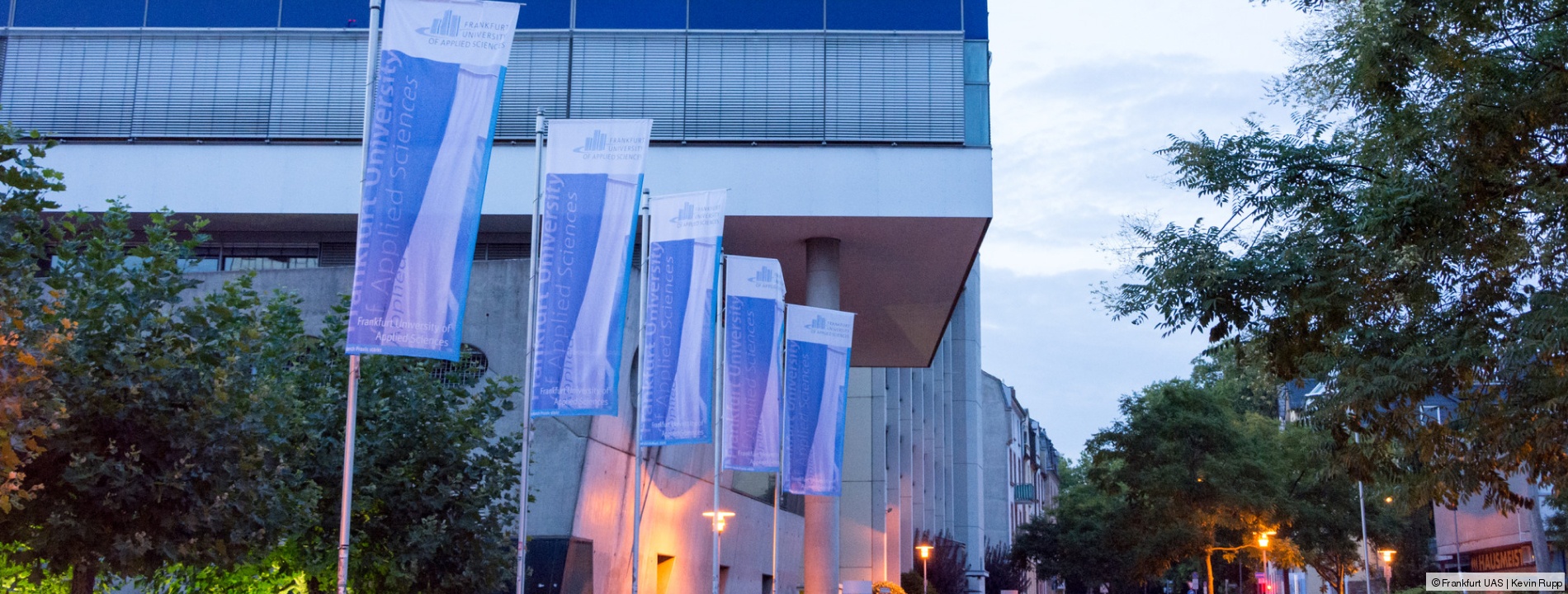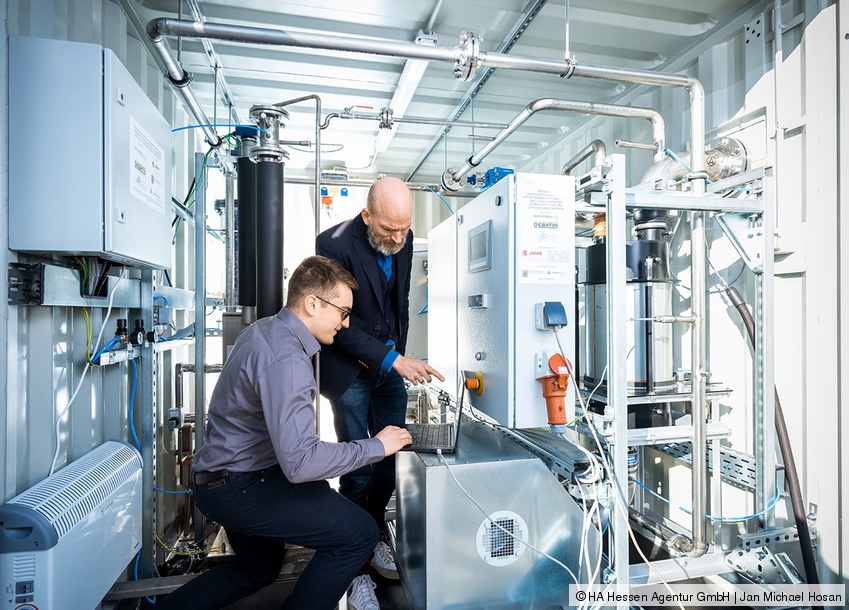A significant reduction in primary energy consumption across all consumer sectors is a key approach to developing a sustainable carbon-neutral society. This is also the stated aim of the German government in reaching its target of a 20% reduction in primary energy consumption by 2020, and a 50% reduction by 2050 (base year 2008) (Energy Efficiency Strategy, 2014). The underlying rationale is not only climate protection but also Germany’s international competitiveness as a production hub. Energy efficiency – that is, the rational use of energy – plays a crucial role here.
In this context – and integrated as a task for the whole of society – particular focus must be placed on the industrial sector inasmuch as its contribution to final energy demand is substantial, at roughly 30% (on a par with the transport and private household sectors) (“Environmental Use and Economy” [„Umweltnutzung und Wirtschaft”], 2016). In the industrial sector, the process industry (chemical products, petroleum refining, food and plastics manufacturing) accounts for approximately 50% (“Energy use by the manufacturing industry” [„Energieverwendung der Betriebe im Verarbeitenden Gewerbe“], 2015).
Accordingly, scaling up energy efficiency, particularly in the process industry, plays a prominent part in achieving the realization of a sustainable society.
The Bioprocess Engineering study program at Frankfurt UAS addresses the topic of energy efficiency as a focal point. As an integral component of all specialist modules, students explore methods for optimizing the energy efficiency of process plants already in the development phase, as well as in subsequent operation. In this way, the study program is able to raise the awareness of future managers for one of the greatest challenges facing society as a whole in this century while also equipping students with the requisite problem-solving skills.
Teaching projects and research cooperations with industry partners facilitate the detailed specific development and implementation of energy-optimized solutions. Examples include:
Solvent recovery from printing processes.
In addition to the energy efficiency of this procedure, the focus was also on the efficient use of resources (solvents) through recovery. (LOEWE 3 with SME in Hesse, 2016-2018, project volume of approx. € 900,000, Prof. Dr.-Ing. Niklas Döring)
Harvesting algae from open-pond cultivation
In a first step, algae is marketed as a high-end food supplement. There are many additional interesting prospects for the material and energy use of algae as renewable raw material. (Proposal with SME in Hesse in preparation, Prof. Dr.-Ing. Niklas Döring)
Development and implementation of innovative technologies for energy-optimized biodiesel production from renewable raw materials.
(Multi-semester teaching project aimed at the demonstration of well-functioning laboratory-scale process plant, Prof. Dr.-Ing. Claus Fleischer)




